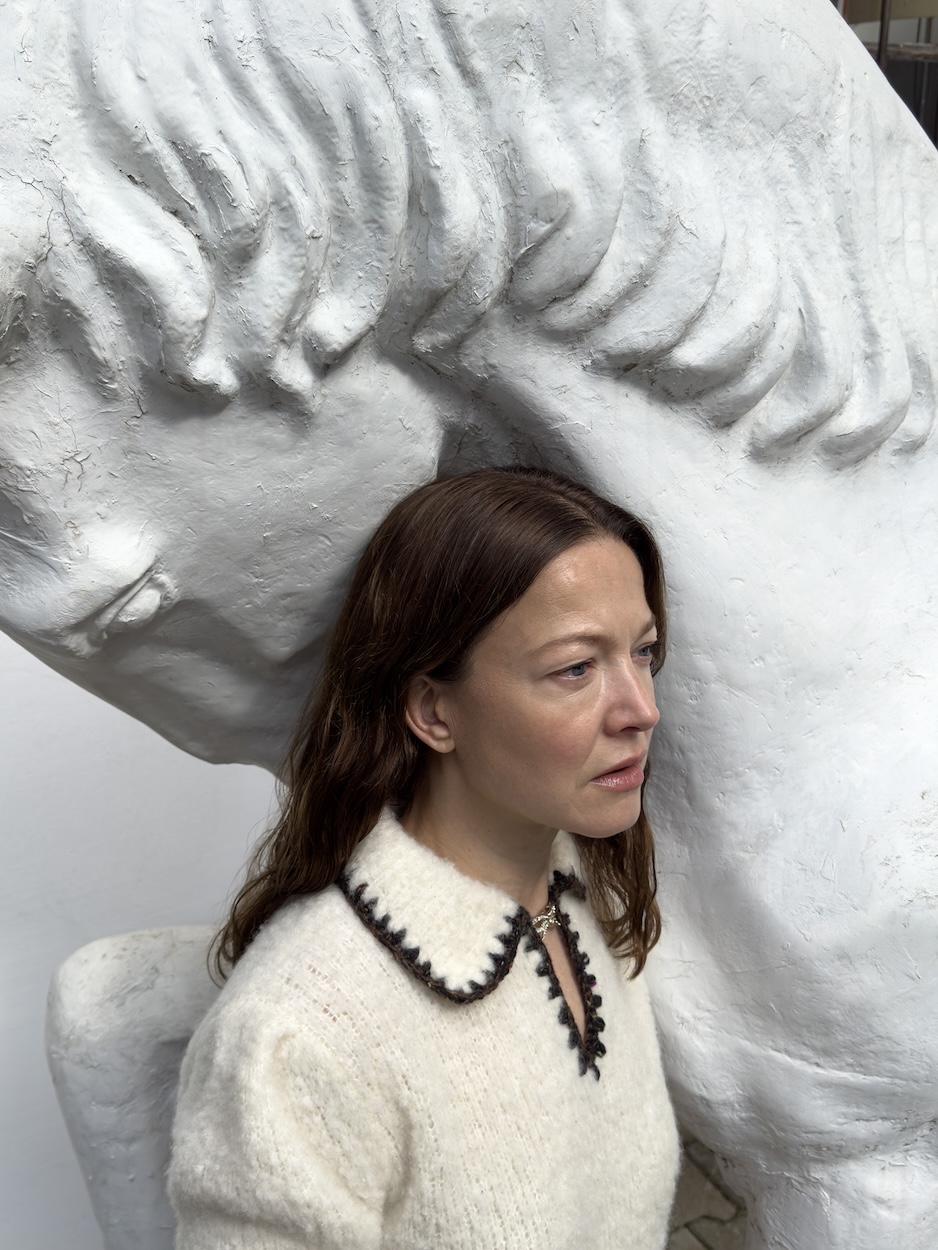
CREATIVITY OFTEN ARISES WHERE CONTROL IS RELEASED. MADNESS, IN THE ARTISTIC SENSE, ISN’T PURELY DESTRUCTIVE — IT’S AN OPENING, A CONNECTION TO SOMETHING PRIMAL.
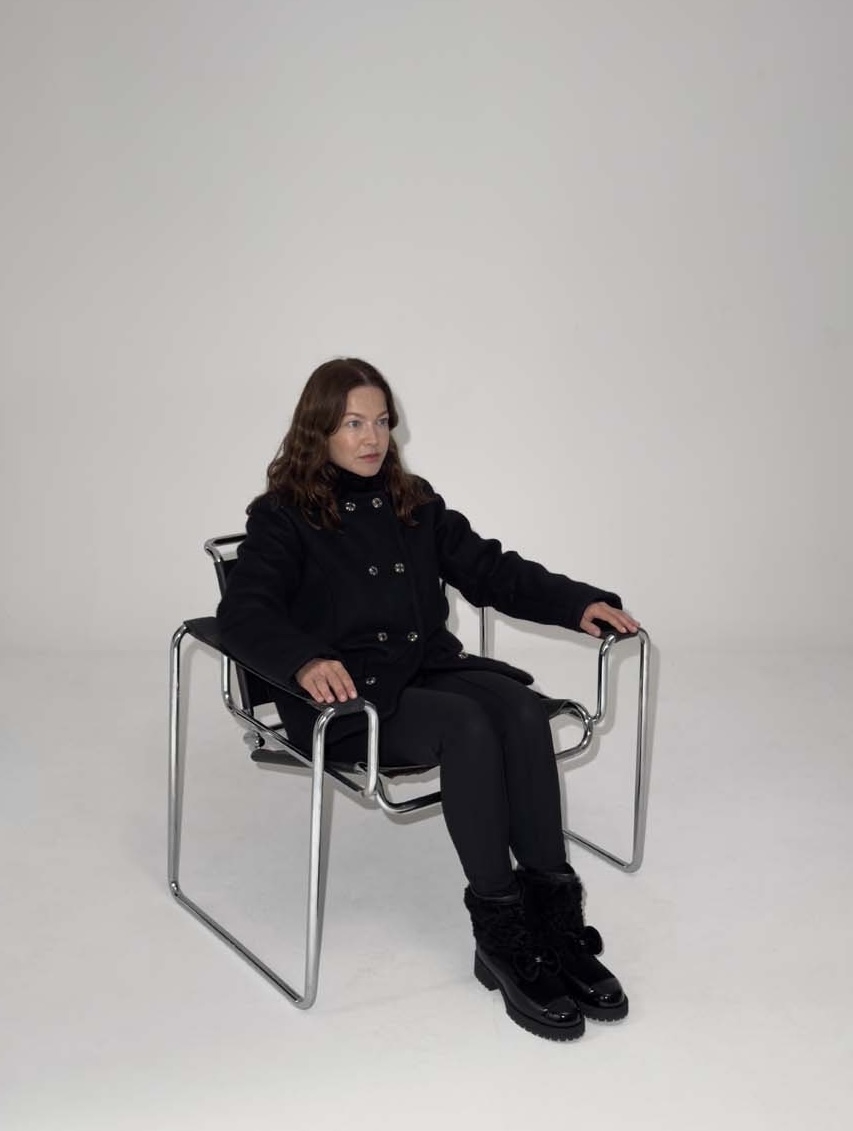
There are actors who perform — and then there are those who transform. Hannah Herzsprung belongs to the latter. Known for her intensity, precision, and quiet strength, she approaches every role with the instinct of an artist and the discipline of a craftswoman. In conversation, Herzsprung reflects on what it means to think visionary: to look beyond the visible, to trust the unknown, and to seek authenticity in an industry that often rewards illusion. Here, she speaks about fear and freedom, creativity and control, and how vision — both personal and collective — continues to shape her path.
Hannah Herzsprung: To think visionary means looking beyond the present – having the courage to see things before they become visible. It’s deeply connected to trust: in yourself, but
also in the unknown. Being visionary means not waiting for certainty but stepping into uncertainty and creating something new there.
HH: In the beginning, I wanted to tell stories,
to touch people and evoke emotion. Today, it’s more about finding
truth – not only in the character, but also in how a film is made. I
want to be part of projects that take risks, that search for depth rather than effects. My vision was perhaps more romantic in the past; now it’s more conscious and focused.
HH: I’ve been lucky to work with directors
who have a very clear, sometimes uncompromising vision – Chris Kraus, for example, who combines incredible precision with poetic
openness. Or Lena Stahl, who works with a rare combination of
intuition, humanity, and exactness. I admire people who dare to stay
true to their vision, even when it becomes uncomfortable.
HH: A film with vision wants to move something — not just entertain. You can often feel it when reading the script, in the attitude between the lines. And sometimes you only
realize it on set, when everyone suddenly burns for something bigger than their own ego.
HH: For me, acting is collaboration. I try to
understand the director’s vision and fill it with my own truth. It’s like a dance —leading and being led. When something feels off, I try to resolve it through dialogue. The point where I can no longer follow is much clearer to me now than it used to be. Boundaries are necessary to remain authentic.
HH: Creativity often arises where control is
released. Madness, in the artistic sense, isn’t purely destructive — it’s an opening, a connection to something primal. The important thing is to know your way back. Genius without grounding easily gets lost.
HH: Freedom, trust, and silence. I need
moments without pressure or judgment. The greatest obstacle is fear — of failure, of expectations. When you let go of fear, something real can emerge.
HH: Yes, again and again. I tend to want to
control everything. But in acting, control has no place. I had to learn
to let go — and that remains an ongoing process. Creativity is born from surrender, not control.
HH: I feel that our time is obsessed with speed
and efficiency. But visions need patience, courage, and the will to
endure dry spells. Many shy away from risk — maybe because we’ve forgotten how to accept uncertainty as part of the journey.
HH: I think true vision still exists, just often
not where we expect it. Many work quietly, away from the spotlight. Perhaps we need more spaces where genuine vision can be heard, not just marketed.
HH: To challenge, definitely. Art should not comfort; it should provoke thought. It should ask questions, not provide answers.
HH: Film can create empathy. When we see
stories that connect us to other perspectives, it changes our way of
thinking. In times of polarization, that’s more important than ever.
HH: A lot, especially in awareness. But structures evolve more slowly than attitudes. It still takes courage to
name injustices — and solidarity to make hose changes last.
HH: True listening. And more spaces where
women are not just visible but actively shaping — on every level of film production.
HH: Chanel stands for strength through
elegance. For independence and timelessness. I find that inspiring — a vision that doesn’t define femininity, but celebrates it.
HH: Because it goes beyond fashion. It’s an
attitude — a way of life.
HH: I like it when the character takes the
spotlight, not the person behind her. Mystery is precious — especially in a time when everything is shared. I keep it alive so my characters can
live truthfully.
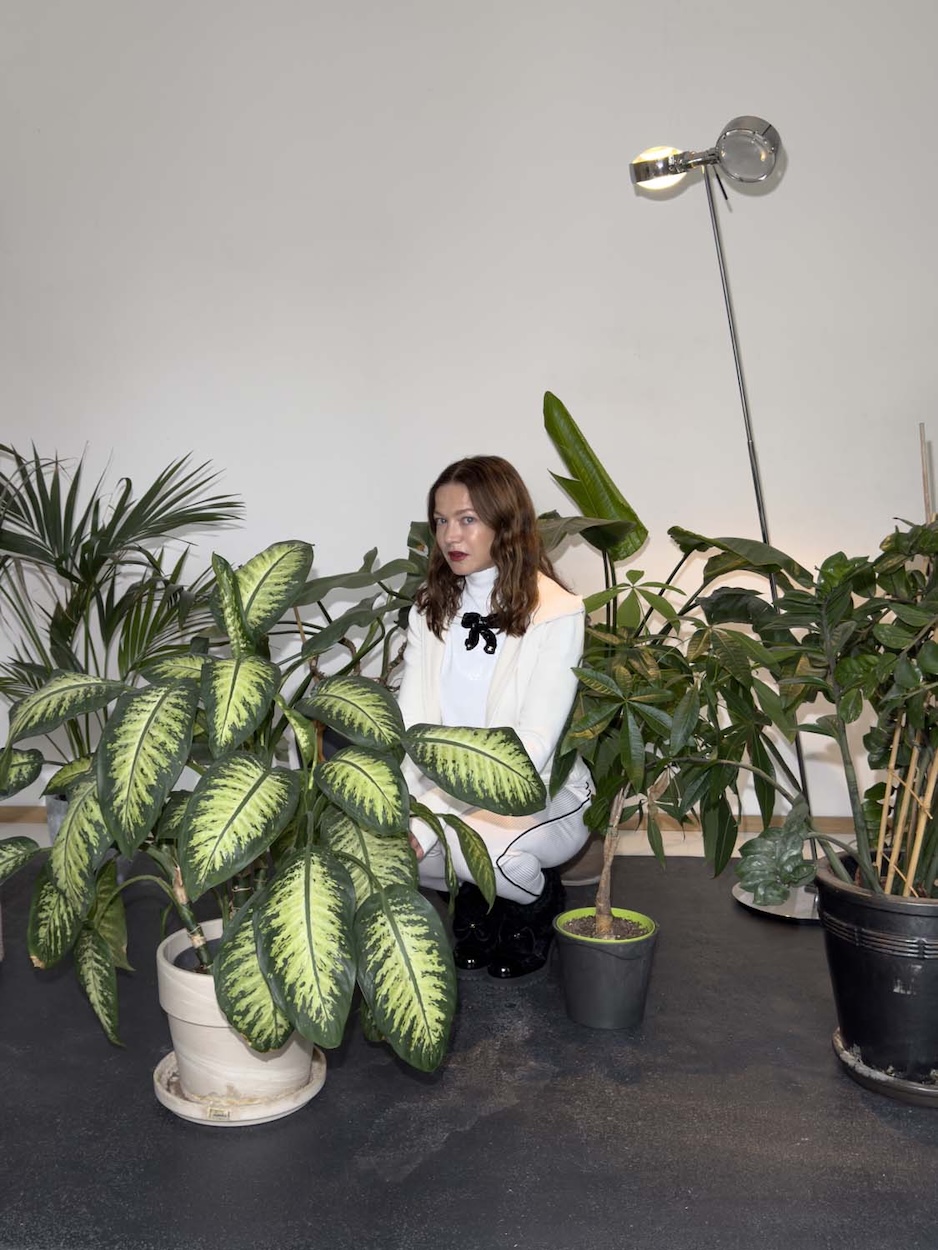
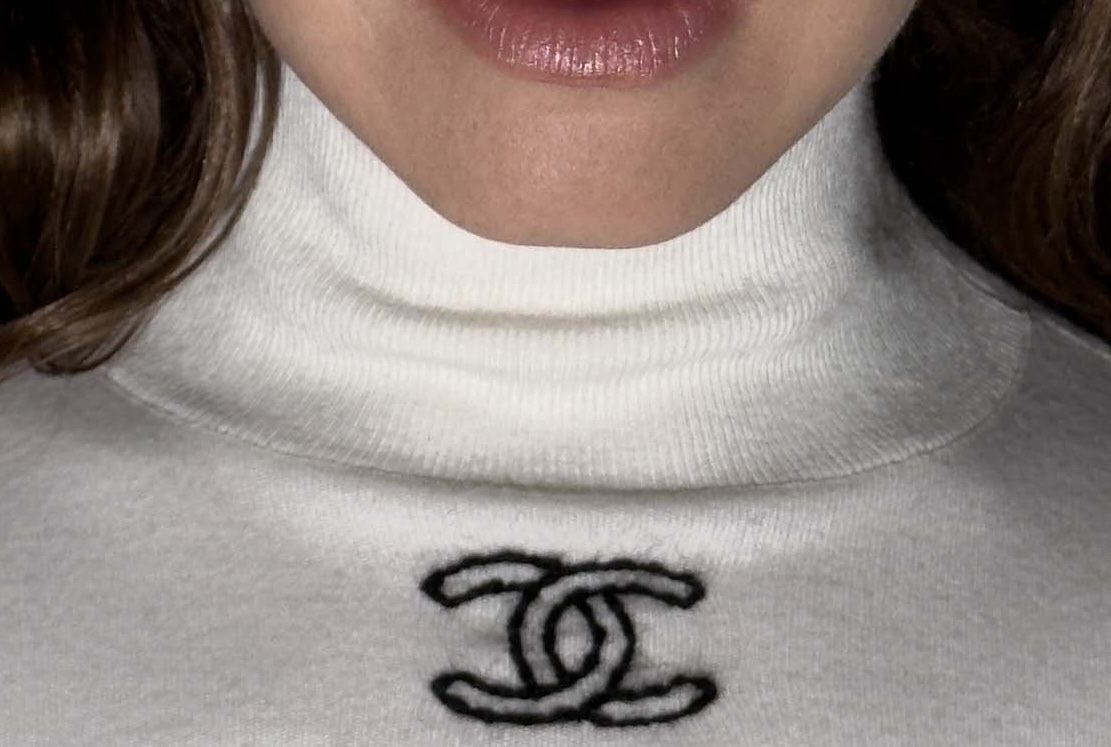
I TRY TO UNDERSTAND THE DIRECTOR’S VISION AND FILL IT WITH MY OWN TRUTH. IT’S LIKE A DANCE — LEADING AND BEING LED.
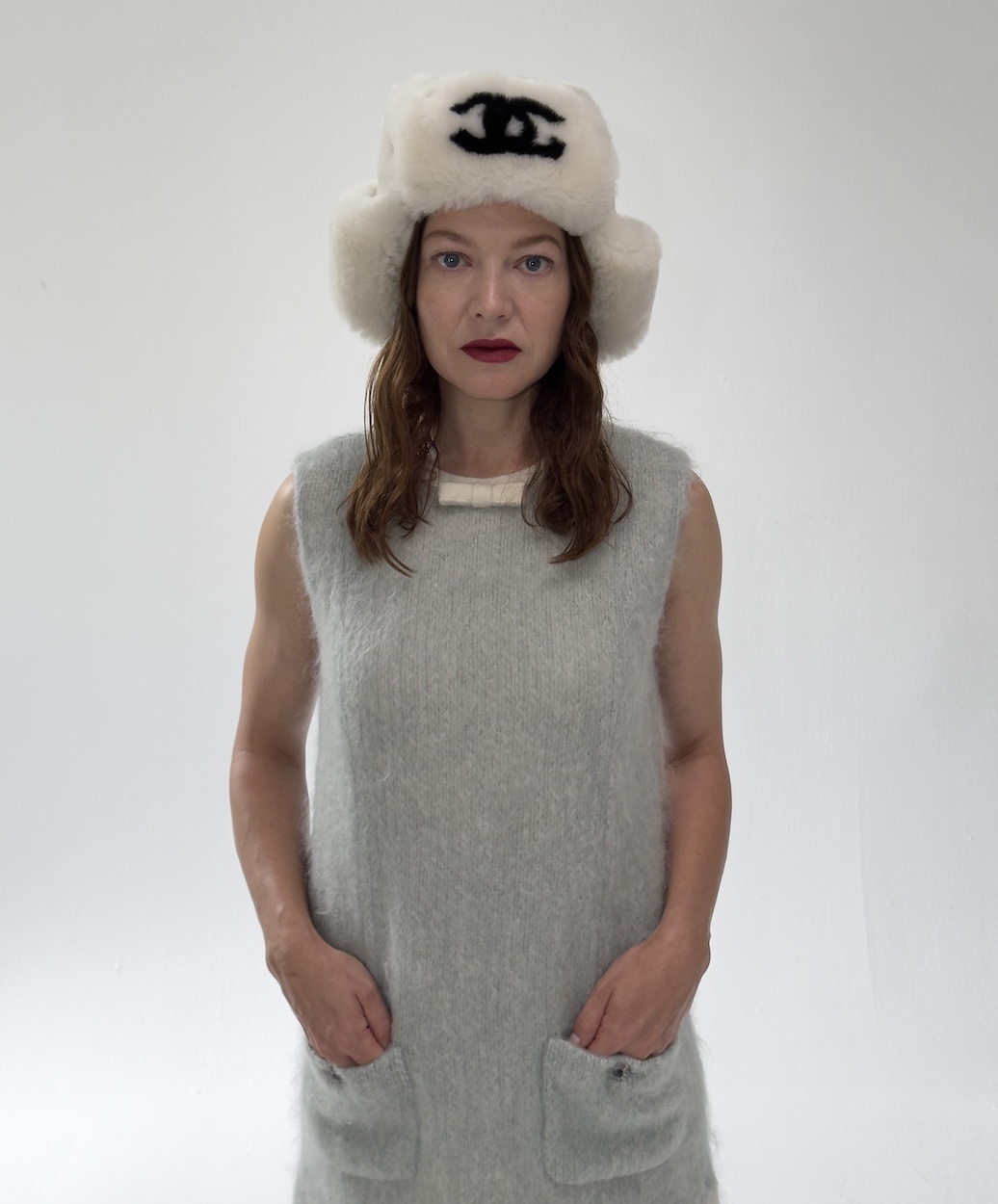
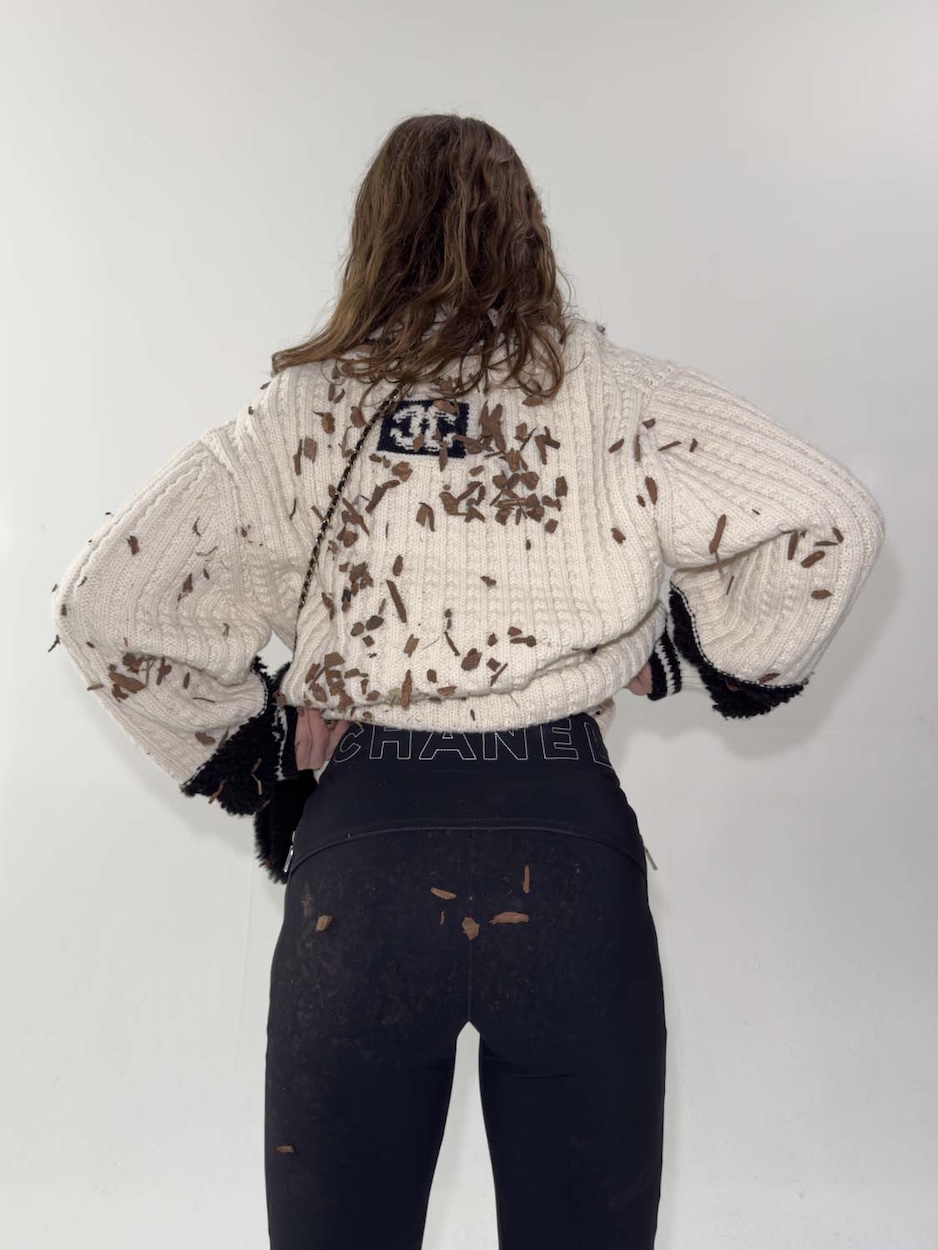
I FEEL THAT OUR TIME IS OBSESSED WITH SPEED AND EFFICIENCY. BUT VISIONS NEED PATIENCE, COURAGE, AND THE WILL TO ENDURE DRY SPELLS.
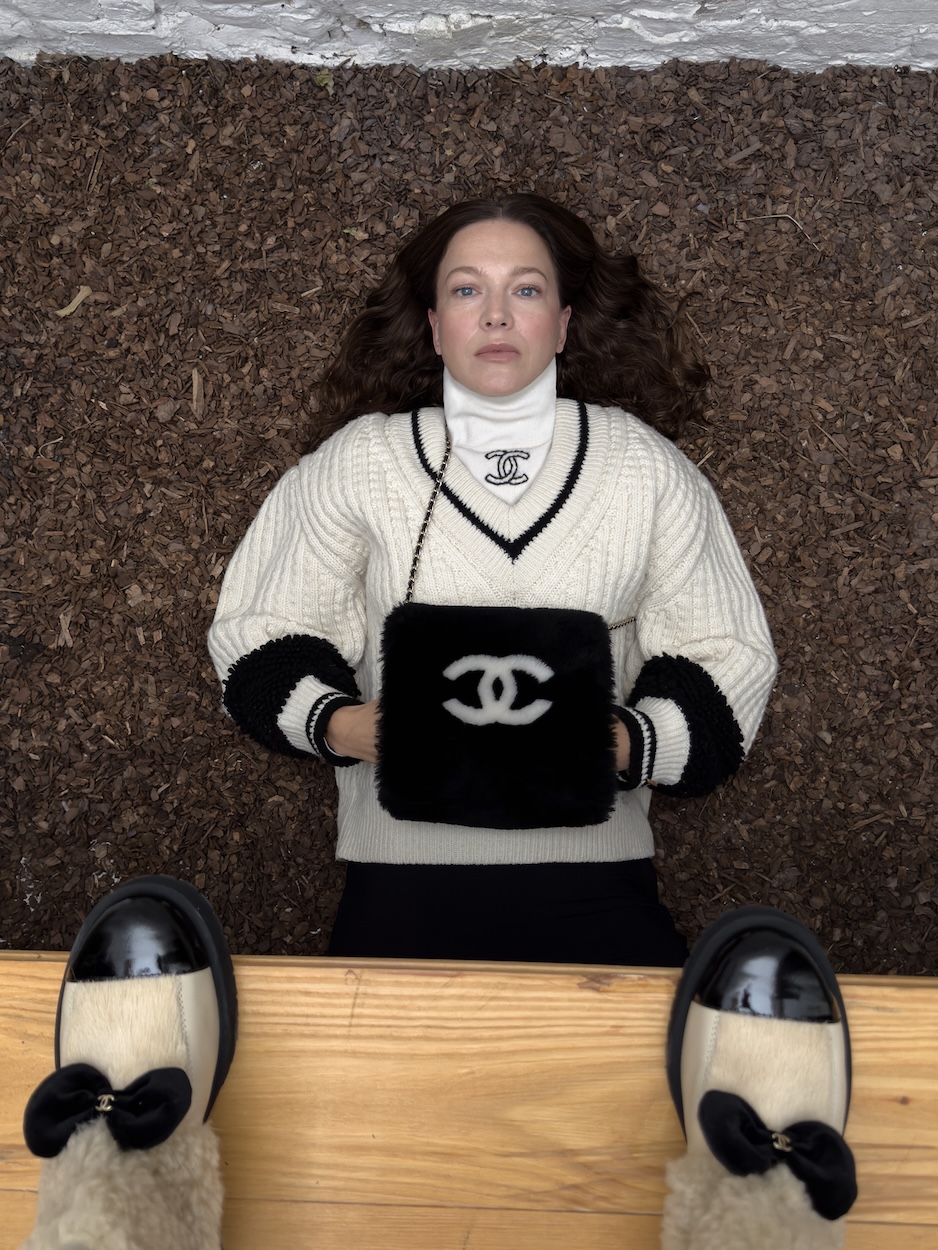
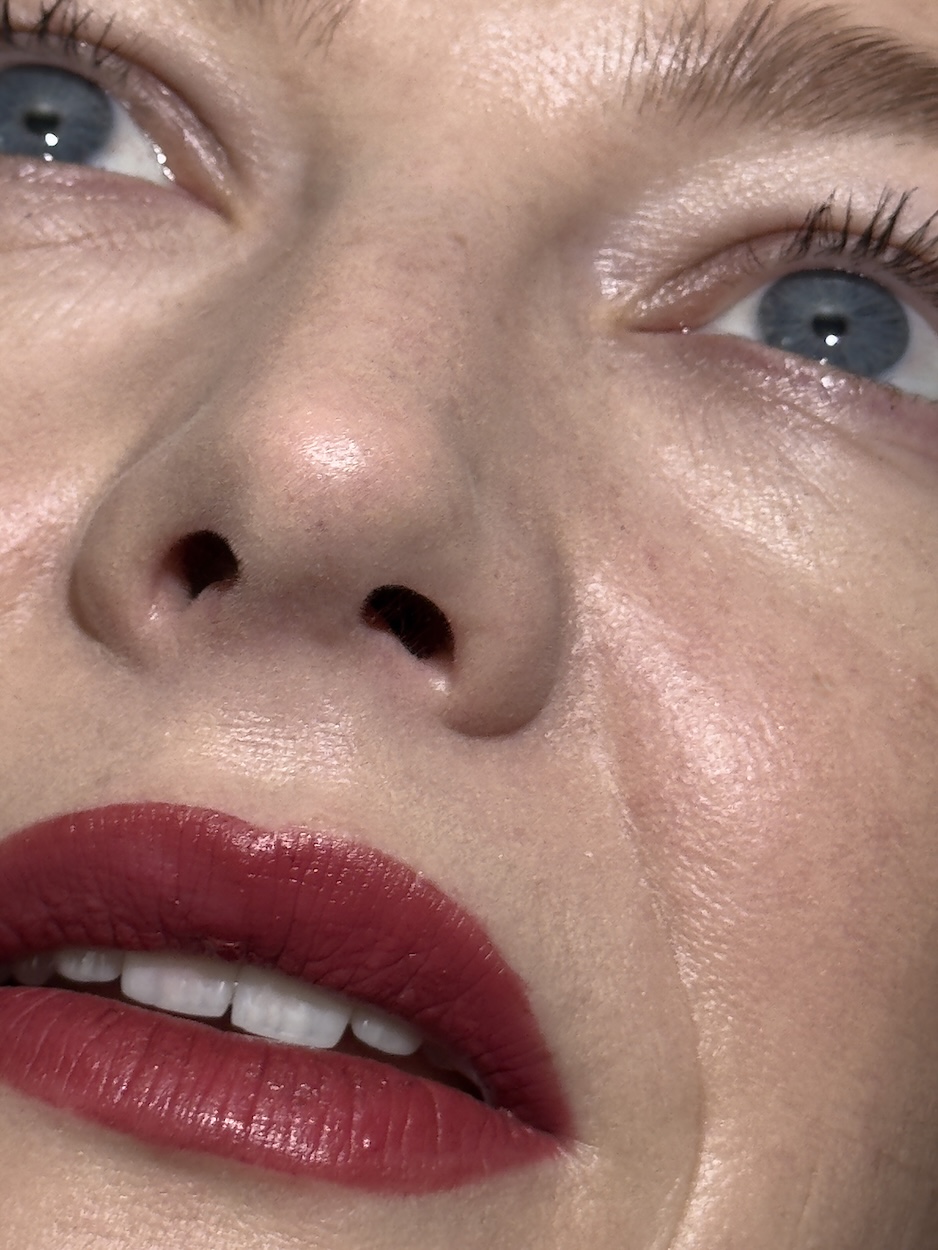
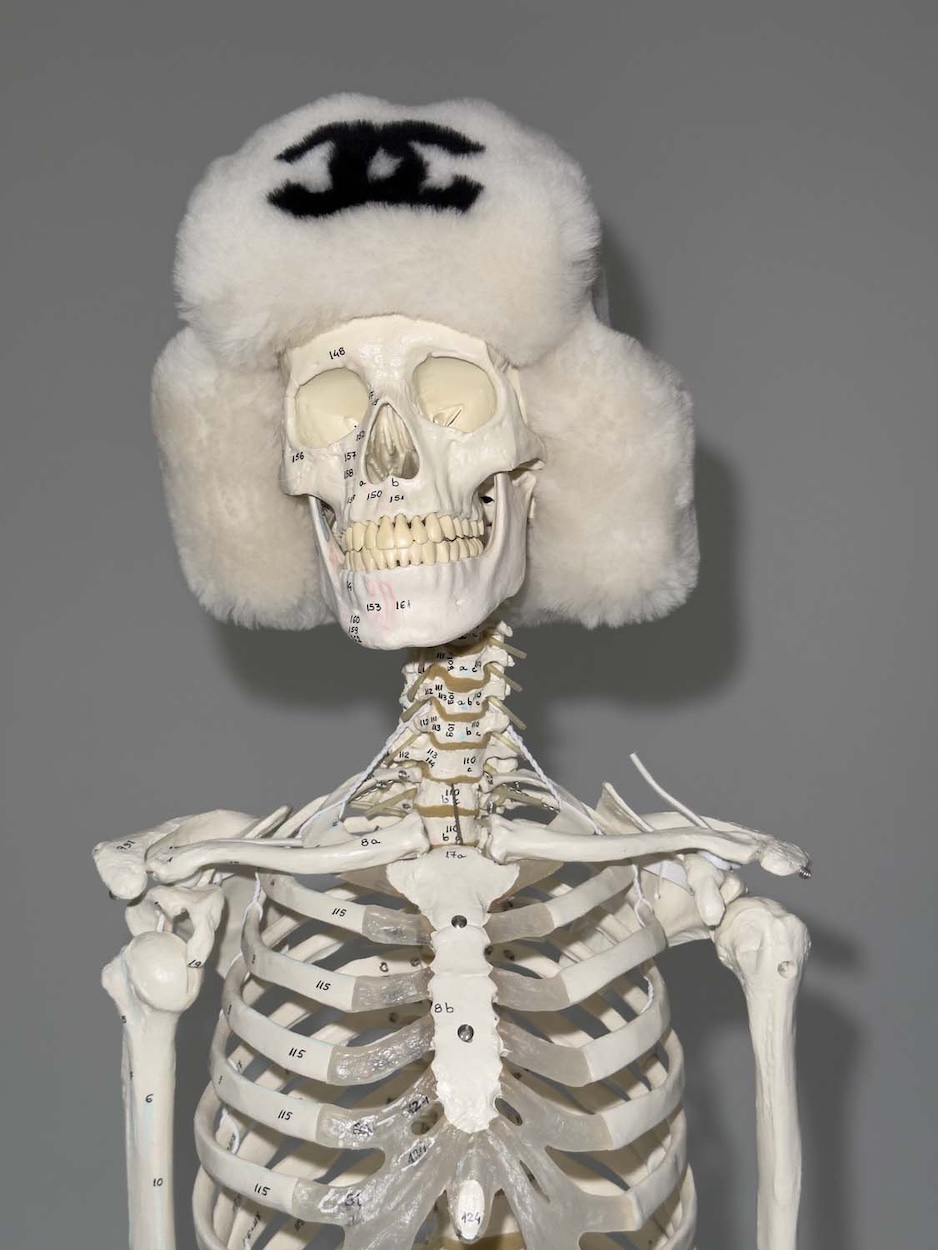
I WANT TO BE PART OF PROJECTS THAT TAKE RISKS, THAT SEARCH FOR DEPTH RATHER THAN EFFECTS. MY VISION WAS PERHAPS MORE ROMANTIC IN THE PAST; NOW IT’S MORE CONSCIOUS AND FOCUSED.
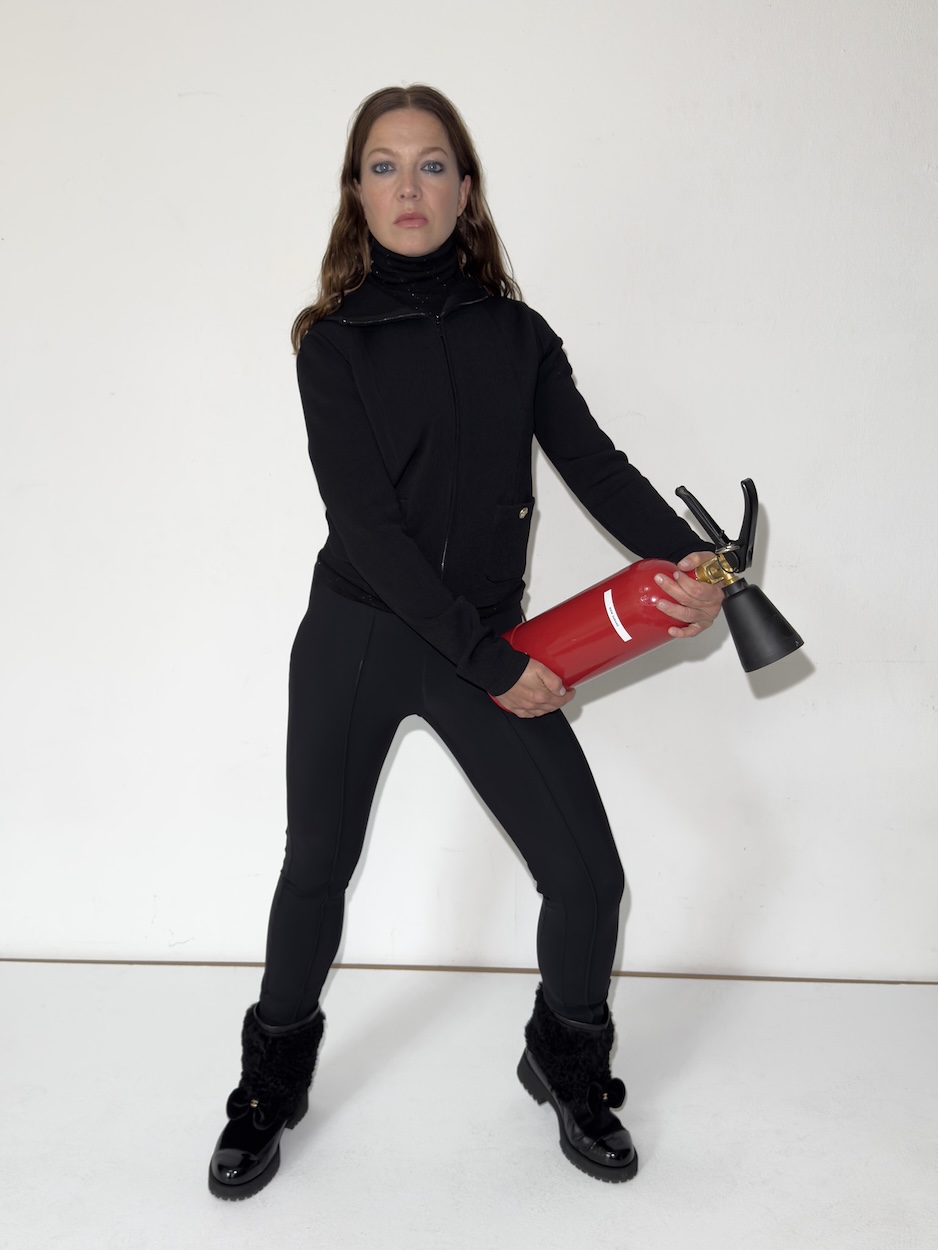
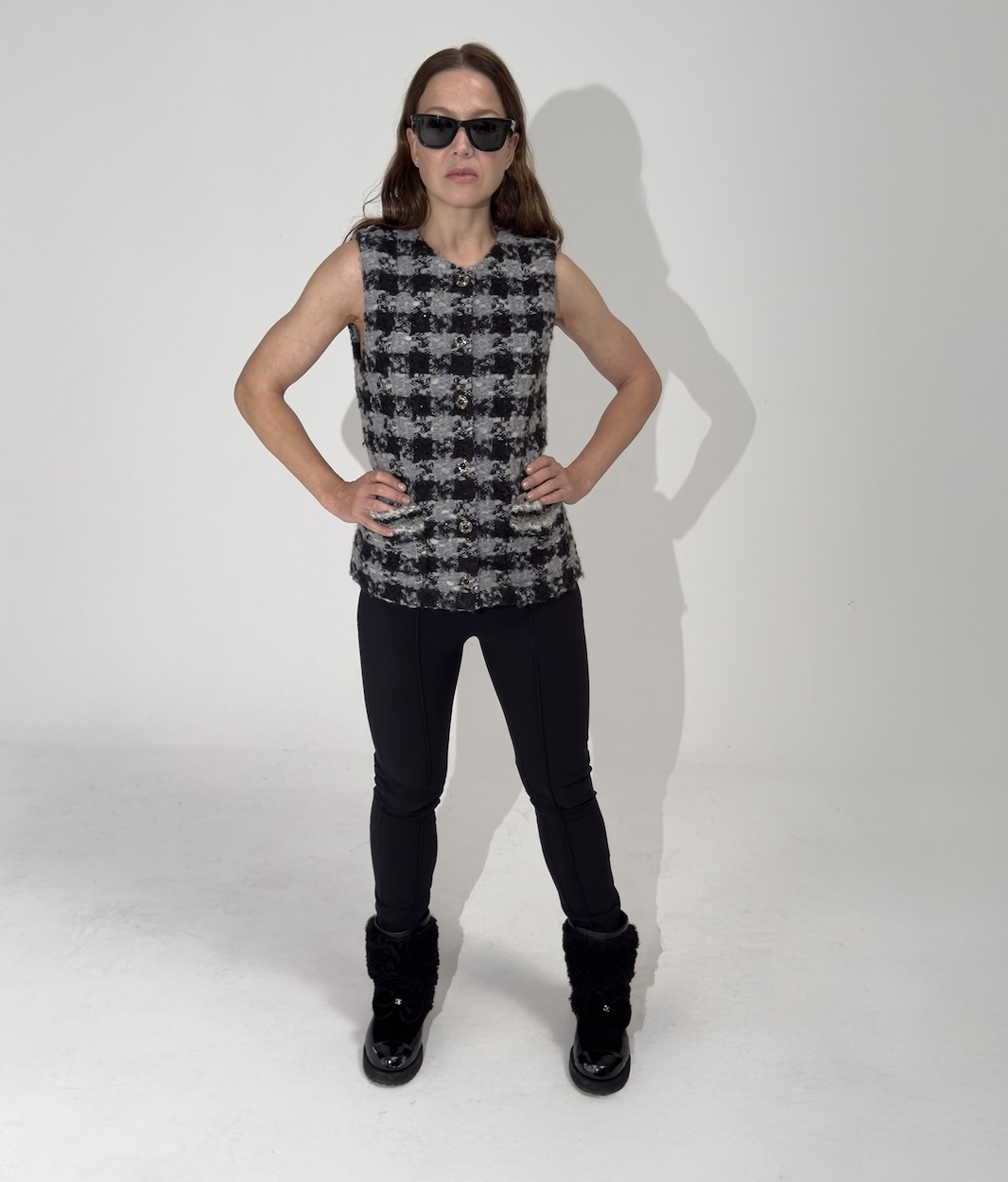
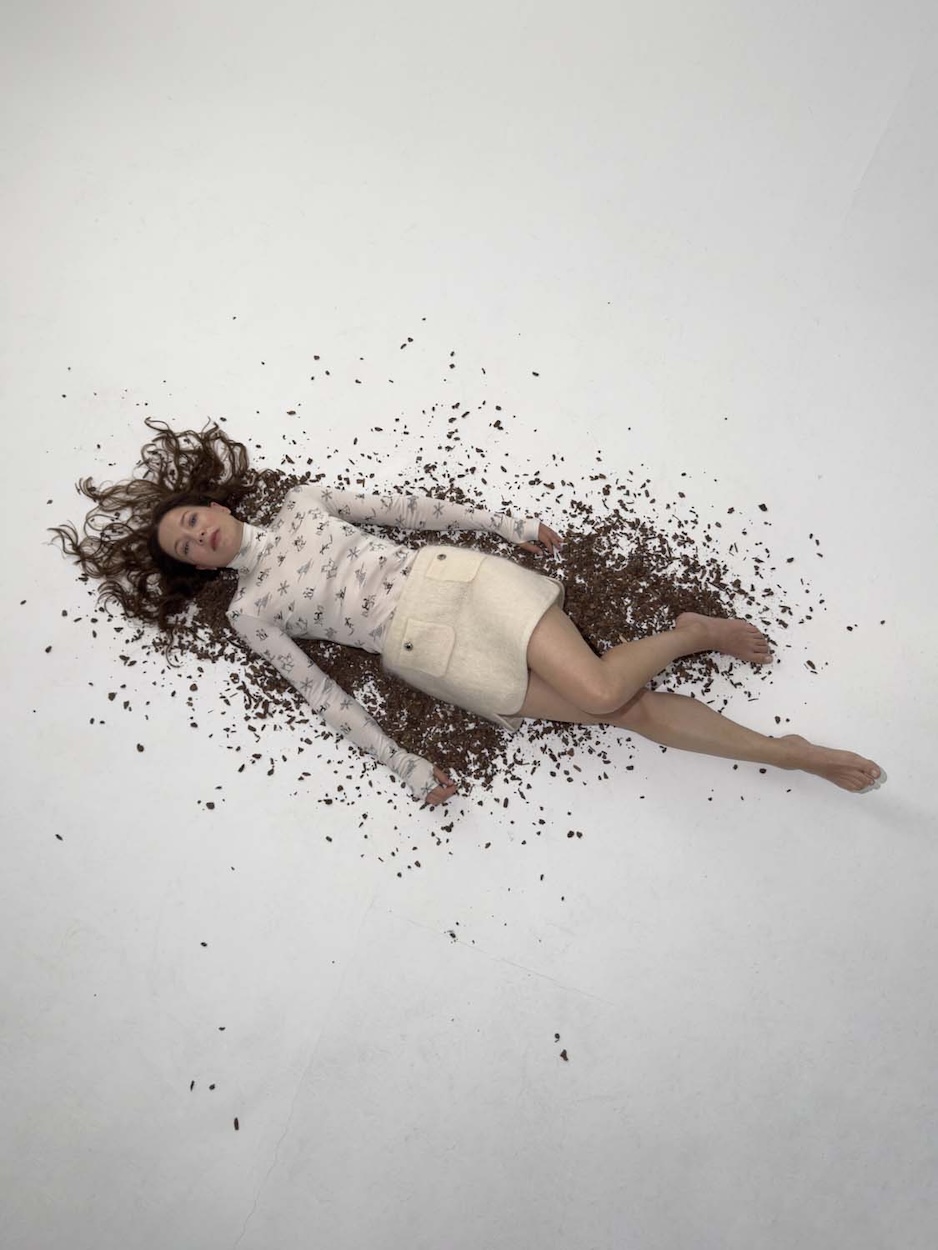
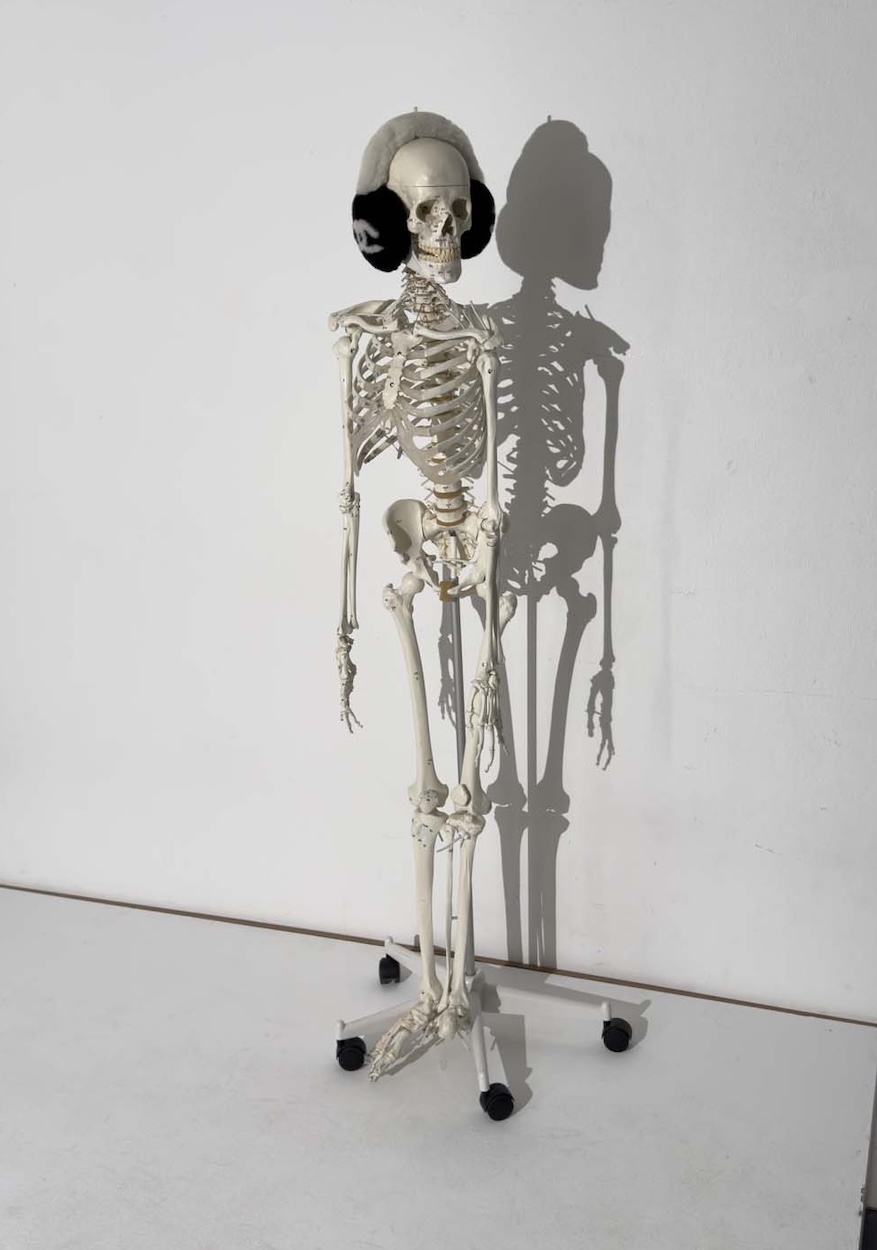
TO THINK VISIONARY MEANS LOOKING BEYOND THE PRESENT – HAVING THE COURAGE TO SEE THINGS BEFORE THEY BECOME VISIBLE. IT’S DEEPLY CONNECTED TO TRUST: IN YOURSELF, BUT ALSO IN THE UNKNOWN.
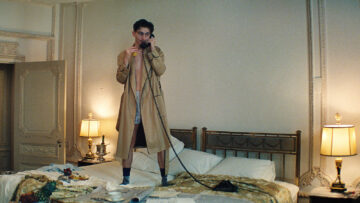
TO WATCH: “MARTY SUPREME BY JOSH SAFDIE
"I have a purpose. And if you think that's some sort of blessing, it's not. It means I…

VISIONARY ISSUE HOMME VOL. A – FILIP KOLUDROVIC
Photography FILIP KOLUDROVIC
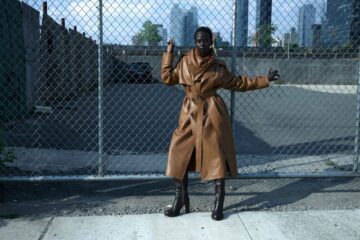
VISIONARY ISSUE VOL. A – TEREZA MUNDILOVÁ
Photography TEREZA MUNDILOVÁ
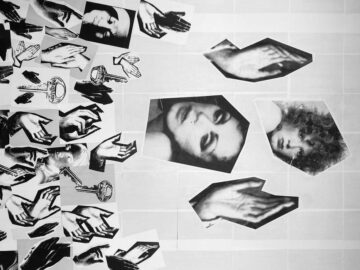
VISIONARY HOMME VOL. A – PETER DE POTTER
Photography PETER DE POTTER
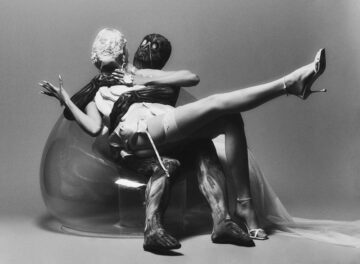
VISIONARY ISSUE VOL A. – JONATHAN BARON
Photography JONATHAN BARON
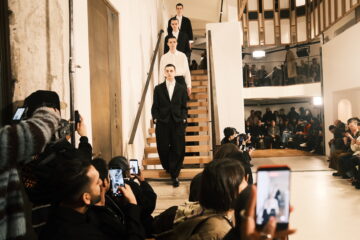
IN CONVERSATION WITH SABER AHMED
For Saber Ahmed, Paris marked a moment of alignment rather than arrival. With his brand…